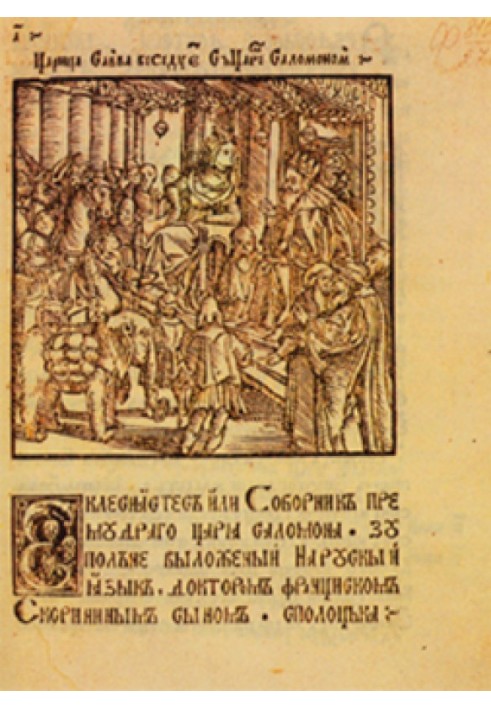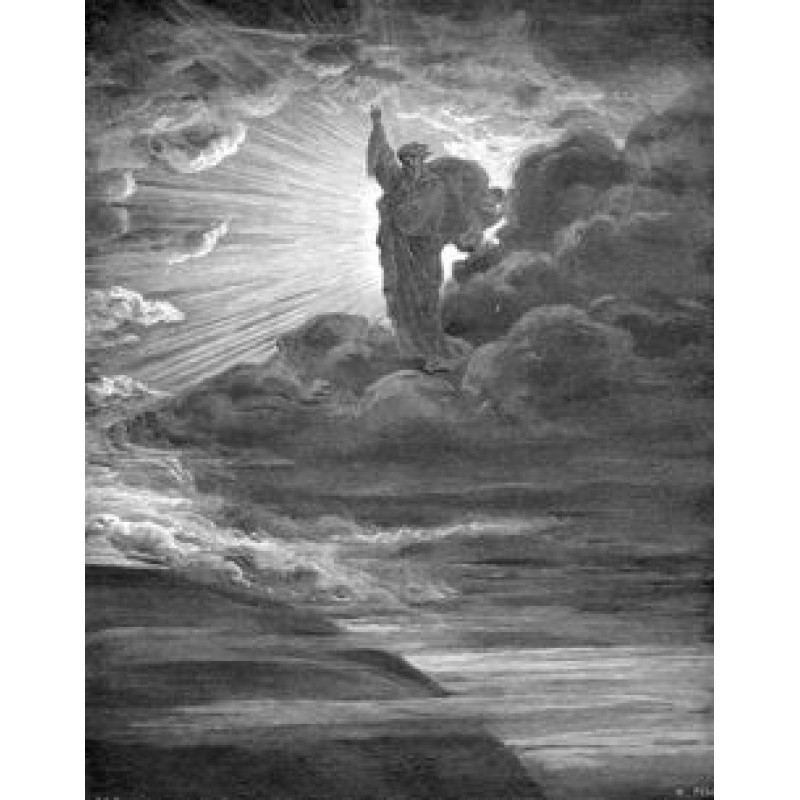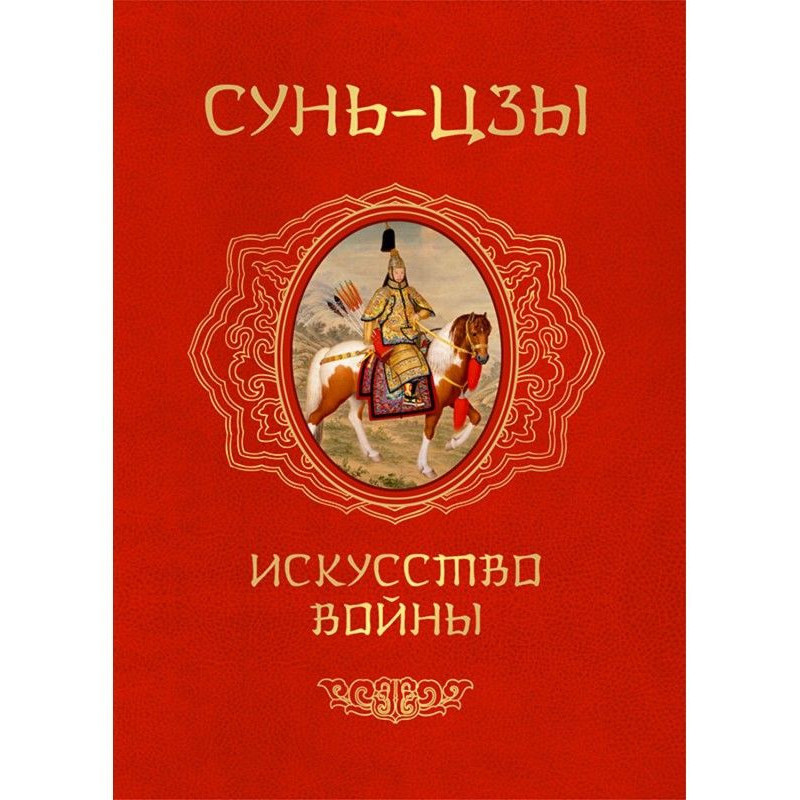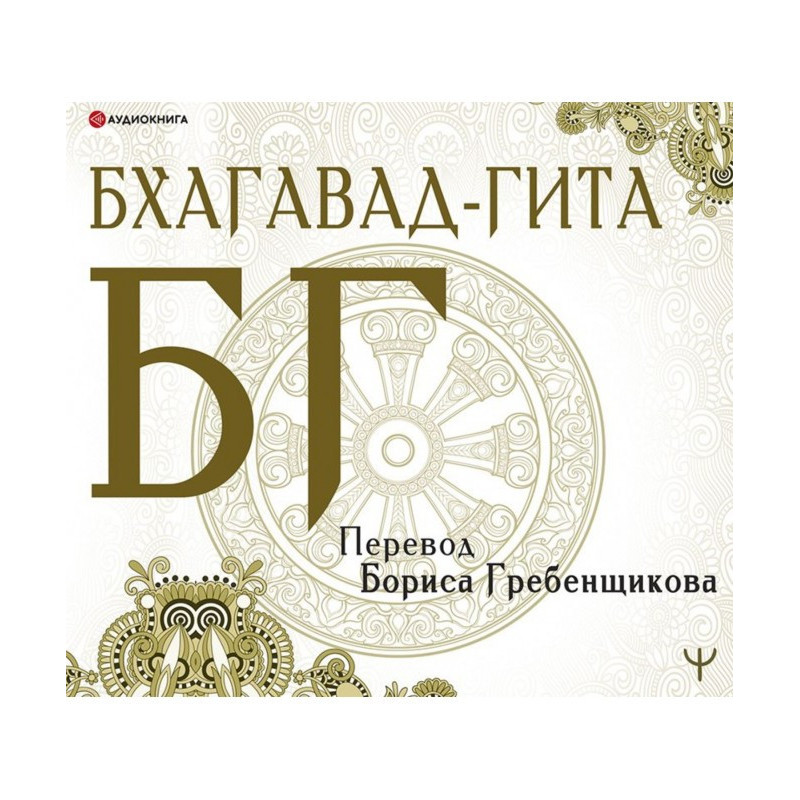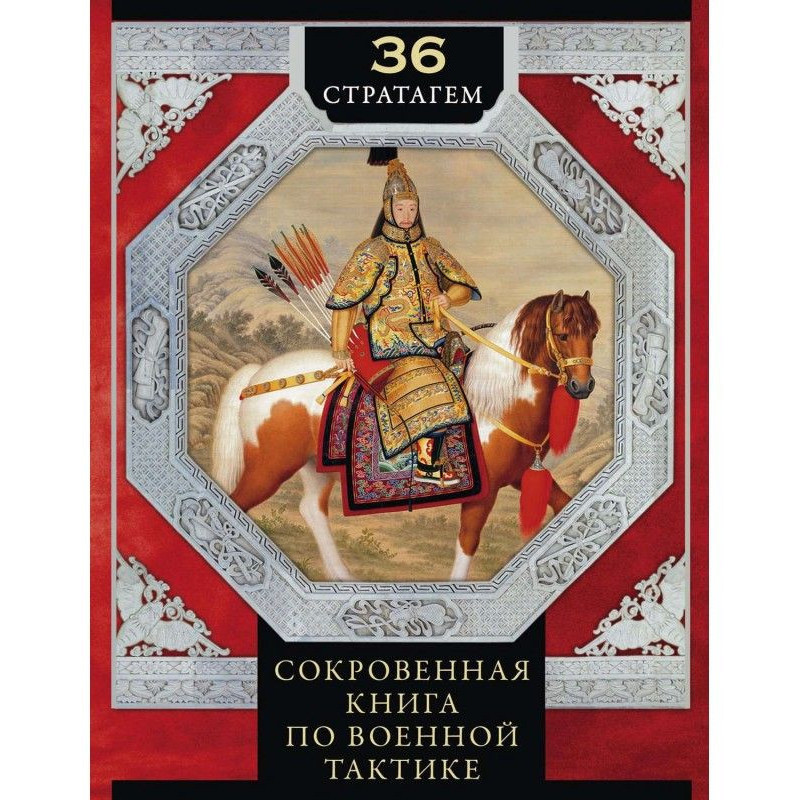Ecclesiastes in verses
 Instant download
Instant download
after payment (24/7)
 Wide range of formats
Wide range of formats
(for all gadgets)
 Full book
Full book
(including for Apple and Android)
Ekklesiast, also ecclesiaste, ecclesiast, Ecclesiaste (Hebrew קהלת-“Kohalet”; dr. Greek εκκλησιαστής)-33rd part of the tanach, 7th book Ktuvim, the name of the Old Testament Biblical Bible, which is in the Christian Bible is placed among the Books of Solomon. This book, in addition to the Hebrew original, has been preserved in many ancient translations, testifying to its popularity. The title of the book is a Greek translation from the Hebrew word kohelet (from kahal - “to gather”), which means a preacher in the congregation; therefore, in the Greek translation from Hebrew and, accordingly, in the Christian canon of the overwhelming majority of denominations, the book is called Ecclesiastes or Ecclesiastes (ancient Greek ἐκκλησιαστής - “speaker in the assembly”). The author of the book has been recognized since ancient times - both in Hebrew and in Christian tradition - King Solomon. Although his name does not literally appear in the book, the person who symbolically takes on the name of Ecclesiastes calls himself the son of David and declares that he is the king of Jerusalem, and in the title of the Syriac translation it directly states: “the book of Kohelet, that is, Solomon, the son of David , king of Jerusalem." This ancient tradition was shaken in the 17th century by Grotius, who expressed doubt about its belonging to Solomon. It should, however, be noted that even in the Talmud there were certain doubts - although Solomon was considered the author, it was argued that the book was written down later. The doubt was picked up and substantiated by a number of subsequent Protestant scholars who already resolutely denied the authenticity of this book. Opinions also fluctuated regarding the time of writing the book, disagreeing among themselves for less than eight centuries. Thus, Nachtigall dates it to the time between Solomon and Jeremiah (975-588 BC), Schmidt and Jan - to 699-588 BC. e., Delich - to 464-332 BC. e., Gitzig - by 204 BC. e., and Graetz - to the reign of Herod the Great. The basis for this is its external and internal signs that do not correspond to the spirit of Solomon’s time. There are foreign - Persian and Aramaic - words; the disasters of life are depicted, which did not exist under Solomon; abstract philosophical terms are introduced that are not found in other biblical books. According to one version, the author of the book of Ecclesiastes is the Jewish king Uzziah, also known as Azariah. The book of Ecclesiastes is in many ways a unique phenomenon in the Bible, noticeably different from all its other books in the way author's thoughts. Hardly It is possible to name a book within the Old Testament that would have had a greater influence on the minds of readers over the centuries that have passed since its writing. Even thinkers far from faith turned to it as one of the most profound philosophical treatises. The objections of Jewish theologians of the Talmud against the inclusion of the Book of Ecclesiastes in the Bible (Shabbat 30 b) have been preserved. It was directly stated about it that it contains heretical views (Vayikra Rabba, 28 a). Ecclesiastes, describing the picture of the eternal cycle of the universe and man, says that the accumulation of wealth, honors, rank, pleasures, and even righteous work and the birth of children are all this It has already been under the sun and all this is vanity (meaningless, aimless). He says that man always rules over man, that there have always been corrupt courts, violence and lawlessness. He says that “man has no advantage over cattle,” because “as they die, so these die.”[5]
The author of the Book of Ecclesiastes is a convinced fatalist: “ And I turned and saw that it is not to the swift that a successful race is given, nor to the brave the victory, nor to the wise the bread, nor to the wise the riches, nor to the skilled the favor, but time and chance for all of them. For man does not know his time. Just as fish are caught in a destructive net, and as birds are caught in a snare, so the sons of men are caught in times of trouble when it unexpectedly comes upon them.” The only worthy position in life, in his opinion, is not to try to improve the world and society, but to have fun from the very process of life: “Go therefore, eat your bread with joy, and drink with joy your heart is the wine when God is pleased with your deeds. May your garments be bright at all times, and may the oil on your head not fail. Enjoy life with the wife you love all the days of your vain life, and whom God has given you under the sun for all your vain days; because this is your portion in life and in your labors, as you labor under the sun.”
Data sheet
- Name of the Author
- Ветхий Завет
- Language
- Russian
- Translator
- Андрей Эдуардович Графов
Герман Борисович Плисецкий
Давид Иосифович Гарбар
Дмитрий Гольдштейн
Наум Исаакович Басовский

